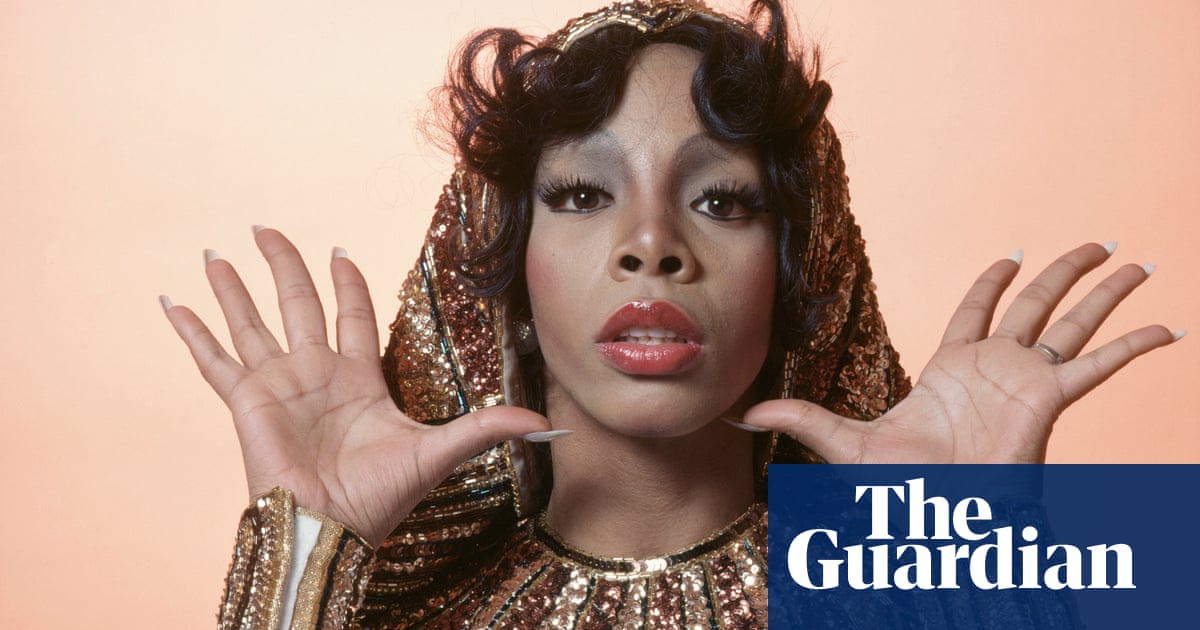
reland’s Commission of Investigation into Mother and Baby Homes, which published its report in January, was not the first inquiry into a dark chapter in the nation’s history. But its findings – alongside its silences and omissions – have sparked a formidable dramatic response on Ireland’s national stage, the Abbey theatre, which recounts the systematic abuse of unmarried women and children in Ireland across the 20th century.
Home is made up of a breathtaking series of dramatised readings that were filmed over seven days in February and that – crucially – give voice to the experiences of mothers, daughters and sons, in their own words, as well as extracts from official reports into these institutions. At three hours long, with 50 testimonies read by 46 performers (actors, artists and public figures, as well as survivors), it is just a first instalment and clearly has much to redress.
The production premiered on St Patrick’s Day and implicitly interrogates Irish identity by setting it against the collective trauma of this systemic violent misogyny in institutions run by both the state and the Catholic church. It contains all the tragedy, rage and injustice of its unresolved history.
Directed by Graham McLaren and Neil Murray, it is an epic and devastating piece of work, which contains a vast sense of wasted lives. At least 56,000 mothers and 57,000 children were kept in the nation’s 14 mother and baby institutions and four county homes over the decades. Despite the various reports Ireland has commissioned into their wrongdoings, we are told that much remains unaddressed.
The testimonies contain shocking volumes of suffering – physical, emotional and sexual – and they are all anchored in dates, facts and memories too vivid to forget. The women speak of their “incarceration” in some of these homes, which were run like workhouses by Catholic nuns. There is an overwhelming sense of religion being weaponised against women’s sexualities, and young women’s bodies being controlled by the forces around them. We hear of families colluding with priests, social workers, solicitors and doctors for their daughters, some of whom were still girls, to be taken into the homes, put to unpaid work late into their pregnancies. They report having to give birth with no pain relief or medical intervention and then having their children forcibly adopted.
Joan McDermott speaks of having her baby taken away from her even as “my body was screaming of motherhood”. An unnamed woman recounts polishing the floors of a corridor while in labour and cutting the lawn with scissors. When her son is born he is taken away immediately.
Many mothers are stripped of their identities and made to take on fake names to save their families from the “shame” of their sin. This loss of identity is a recurring theme, not only for the women but children who are renamed by adoptive parents. Carol O’Keeffe finds out her birth certificate was never registered. “I felt a bit less worthy, a feeling I don’t exist if there is a census.” Melissa Nolan, meanwhile, who was 14 when she found out she was adopted, asks, “Who am I really?”
In some small but significant way, this production gives the survivors and victims back their names, most poignantly at the end, when the names of the babies who died in two homes, Bessborough and Tuam, are listed on our screens. It takes 15 minutes to catalogue them all, and the woeful record shows some dying after only an hour of life. It is difficult and emotional to watch the endless scroll and the sheer scale of institutional cruelty it represents.
Some are made to sign adoption forms using a false identity. Other are pregnant as a result of rape or incest that remains unreported. Children are ripped away from mothers in the middle of being breastfed or mothers told, casually, that their baby has died. Occasionally, there is a happy story – Catherine Coffey O’Brien starts off as a destitute Traveller but manages to escape the clutches of the nuns: “I had no intention of giving up my child,” she says. But these are few and far between, and there is both horror and bittersweetness in the stories of children tracing their mothers, or vice versa, after 40 or 50 years apart. There are also innumerable stories of mothers trying to locate the unmarked graves of the babies who died in these homes.
The level of violence leaves us gasping, tearful, and it conjures scenes that seem more like nightmarish visions from Margaret Atwood’s Gilead than 20th-century Ireland, where women are seen as chattels, and under ownership of the system. “We have no power and no self-determination,” says one unnamed woman at a Magdalene laundry.
Men’s voices are heard too. Sons give their testimonies and there is one father who speaks of being denied the right to rear his own child because he was not married. Christopher Kirwan speaks of mysterious scars on his body from his early life in a mother and baby home. “I wanted answers from the commission,” he says. “What was done to me as a baby? I will keep on fighting for the truth.”
There is a cumulative horror in hearing the testimonies set side by side in this way, their shocks repeated, one building on the horror of the next and sometimes exceeding it. It is political theatre and staged testimony in one, and much of its power lies in hearing the words of these survivors aloud, which become a chorus saturated in shock, trauma, anger, sorrow.
The testimonies are read by public figures including Anne Enright, Brenda Fricker, Olivia O’Leary, Jess Kavanagh and Aisling O’Sullivan. There is an immense power to the blackened, bare stage on which they stand under a spotlight, reading to an empty auditorium. There are musical interludes too (songs performed by Mary Coughlan) but also, powerfully, silences in which we see performers in stillness, staring out at us from streets, green fields or their sofas.
Many speak of unanswered questions, a less than full apology from the state, and the noxious silences that remain and undermine the horrors of their pasts. It is clear they are still waiting for justice to be served.
Home: Part One is available online until 17 July.












